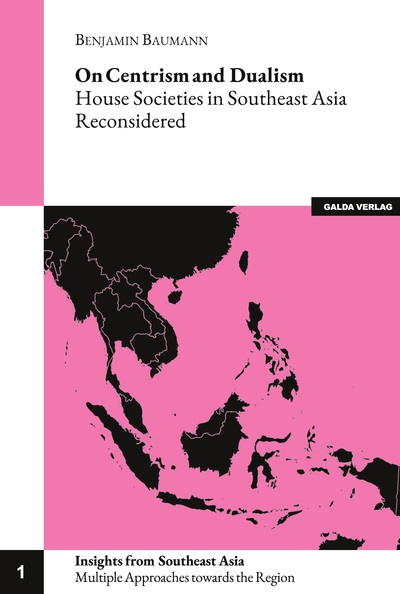Nous utilisons des cookies pour améliorer votre expérience. Pour nous conformer à la nouvelle directive sur la vie privée, nous devons demander votre consentement à l’utilisation de ces cookies. En savoir plus.
On Centrism and Dualism
EAN : 9783962031190
Édition papier
EAN : 9783962031190
Paru le : 17 juil. 2020
48,30 €
45,78 €
Disponible
Pour connaître votre prix et commander, identifiez-vous
Notre engagement qualité
-
 Livraison gratuite
Livraison gratuite
en France sans minimum
de commande -
 Manquants maintenus
Manquants maintenus
en commande
automatiquement -
 Un interlocuteur
Un interlocuteur
unique pour toutes
vos commandes -
 Toutes les licences
Toutes les licences
numériques du marché
au tarif éditeur -
 Assistance téléphonique
Assistance téléphonique
personalisée sur le
numérique -
 Service client
Service client
Du Lundi au vendredi
de 9h à 18h
- EAN13 : 9783962031190
- Réf. éditeur : 250777
- Date Parution : 17 juil. 2020
- Disponibilite : Disponible
- Barème de remise : NS
- Nombre de pages : 124
- Format : H:230 mm L:155 mm E:7 mm
- Poids : 219gr
- Résumé : This book provides an overview of the anthropological debate on house societies, pertaining particularly to Southeast Asian social formations. The book's point of departure is a comparative model of social formations in Southeast Asia outlined by Shelly Errington. Although this model features prominently in anthropological discussions of the region, no detailed analysis of this comparative approach exists. This might be attributed to the fact that Errington's model is theoretically dense, alluding to the rather complicated anthropological field of kinship studies. Errington's model combines premises of Lévi-Strauss' Structural Anthropology with Clifford Geertz' symbolic or interpretative paradigm and situates the synthesis in the anthropology of insular Southeast Asia. This book traces the genealogy of this model and provides detailed explications of its basic theoretical premises before it explores the concept of house societies and how it is applied by Errington to approach and compare Southeast Asian social formations. The book reveals the structuralism that speaks through Errington's comparative approach by discussing the concept of transformation and indicates the potentials and limitations a typology of different house societies has for the anthropology of Southeast Asia. ABOUT THE SERIES Developments in the field of area studies — goaded by the analytical deconstruction of world regions from their geopolitical sense — have deeply affected the knowledge production from societies and cultures located in the politicized compartmentalization of the globe. With this series, the editors and authors wish to contribute to a reformulation of sensibilities in area studies which emphasizes the epistemic value of contextualized knowledge production. Starting with the notion of Southeast Asia, books published in this series will contribute to a more nuanced understanding of regionality based on a multidisciplinary approach. The series represents an outlet for young scholars intending to publish their degree theses; and for established scholars who are looking for a place to republish out-of-print books. We also encourage scholarly collectives from the regions to publish collaborative works or edited volumes on topics that usually will not attract the attention of big presses due to their transdisciplinary orientation. EDITORIAL BOARD Prof. Vincent Houben Prof. Boike Rehbein Prof. Barend Terwiel Dr. Benjamin Baumann Dr. Daniel Bultmann
- Biographie : Benjamin Baumannis a transdiciplinarily working anthropologist focussing on Mainland Southeast Asia. He is currently postdoctoral associate at the Anthropology Department of Heidelberg University. Trained as a socio-cultural anthropologist at Free University Berlin, he holds a PhD in Southeast Asian studies from Humboldt University in Berlin, where he was working until April 2020 as Assistant Professor and research fellow in the Department of Southeast Asian Studies.

